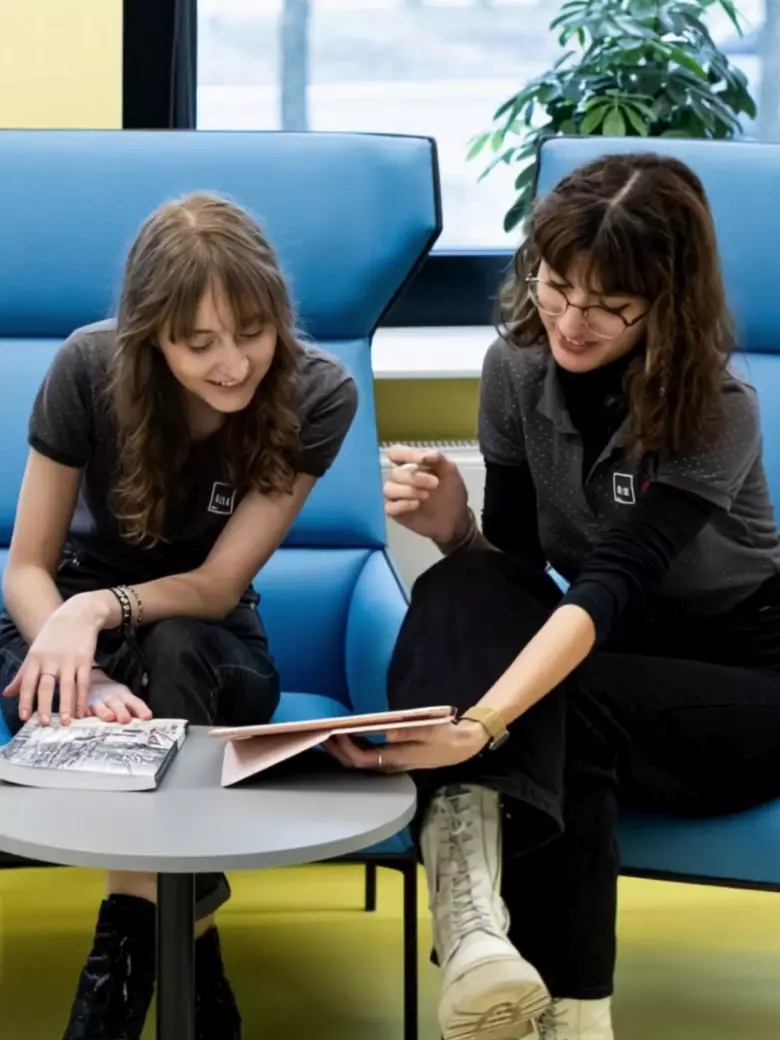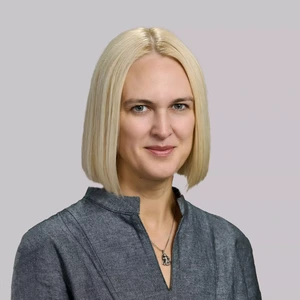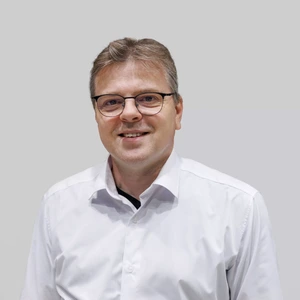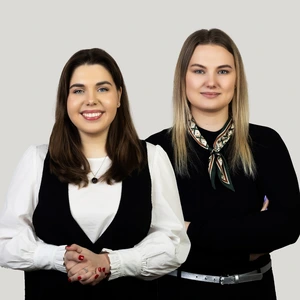The programme is only conducted in Lithuanian language. Entry requirements for this particular programme can be found in the programme description provided in Lithuanian language.
in Lithuanian
In today’s world, information technologies for distance learning have become a necessity that is transforming education systems around the world. The Information Technologies of Distance Learning programme offers a unique opportunity for both IT professionals and educators to acquire skills in the development and management of virtual learning systems. Graduates will become experts in addressing the challenges of digital education, developing innovative learning solutions, organising distance learning courses or conducting research.

You will acquire the knowledge and practical skills to effectively organise virtual and distance learning using the latest IT technologies. These competencies can be applied in a wide range of fields, from general education and university studies to vocational training, professional development and the provision of upskilling and reskilling.

This is a unique study programme that offers the opportunity to obtain a master’s degree in computer science by distance learning. It is designed for people with a bachelor’s degree in any field of study who wish to retrain or further their knowledge of information technology (IT).

The study programme develops real, professionally applicable, IT- and engineering-related solutions to solve relevant learning-related problems.

The content of the studies is tailored to the knowledge, skills and individual needs of the students, enabling them to acquire relevant and advanced knowledge and skills in computer science, or in pedagogy and the implementation of virtual and distance learning.
The programme will provide you with the knowledge to use IT in the learning process and to implement virtual and distance learning. You will acquire the skills to analyse learners’ needs and select the most appropriate methods, IT tools and systems to meet their requirements.
Choose a career path that involves learning through multimedia, e-learning content, virtual learning environments and other IT tools, as well as research. Become an expert in your field, able to implement innovative solutions to learning-related problems and challenges.
Here are some of the careers you can pursue after your studies:
Analyses the needs of learners, selects and applies the most appropriate learning methods, IT tools and systems to the learning process.
Develops innovative IT-based learning solutions, analyses, designs, implements and applies IT tools and systems.
Plans, organises, and coordinates the implementation or enhancement of learning processes through the use of IT at all levels of education, to increase the attractiveness, efficiency, and quality of learning, and ultimately improving overall educational outcomes.
| Module name | Credits | Method of organisation |
|---|
| Basics of Virtual Learning | 6 | Distance learning |
| Distance Learning Systems and Theory | 6 | Distance learning |
| Research Project 1 | 6 | Distance learning |
| Multimedia | 6 | Distance learning |
| Virtual Reality Modelling | 6 | Blended learning |
| Algorithms and Objective Programming | 6 | Distance learning |
| Modern Educational Systems and Methods | 6 | Distance learning |
| Module name | Credits | Method of organisation |
|---|
| Research Project 2 | 6 | Distance learning |
| Virtual Learning Environments | 6 | Distance learning |
| Virtual Learning Tools and Systems | 6 | Distance learning |
| Algorithms and Objective Programming 2 | 6 | Distance learning |
| Communication Technologies | 6 | Distance learning |
| E-learning Content Preparation and Provision | 6 | Distance learning |
| Programming in Python | 6 | Distance learning |
| Module name | Credits | Method of organisation |
|---|
| Intelligent Learning Technologies | 6 | Distance learning |
| Research Project 3 | 6 | Distance learning |
| Technologies and Standards of Distance Learning | 6 | Distance learning |
| Advanced Machine Learning | 6 | Blended learning |
| Computers and their Networks | 6 | Distance learning |
| Data Bases and Information Systems | 6 | Distance learning |
| Support Systems in Distance Education | 6 | Distance learning |
| Trends in Development of Learning Technologies | 6 | Distance learning |
| Module name | Credits | Method of organisation |
|---|
| Master’s Degree Final Project | 30 | Distance learning |
The programme is only conducted in Lithuanian language. Entry requirements for this particular programme can be found in the programme description provided in Lithuanian language.
in Lithuanian
In this study programme, all activities are organised remotely, so it is easy to combine studies with work and one’s lifestyle. My studies are a holistic experience – critical thinking and problem-solving skills I have developed at university are very useful.

Working as an English teacher in a small town in Lithuania, I couldn’t travel much, but I had the virtual opportunity to keep up with educational trends and innovations at the global level. This KTU study program allowed me to gain even more knowledge, find like-minded people, and develop innovative solutions that increase the flexibility and accessibility of education for all.Teacher, Lecturer, Expert in the use of smart technologies in education.

Earning a Master’s degree sets candidates apart – employers know it requires both expertise and determination, making these graduates highly valued in the market. KTU graduates are strong in the context of technology – they are able to find and creatively apply innovative technological tools to solve problems. Some of them are among the best 3D modellers, video and virtual reality developers and programmers.
Lithuanian is the only language used in this programme for teaching, assignments, and examinations.
Distance learning has become an integral part of education in recent years, especially with the rapid development of information technology. It now enables new teaching and assessment methods that not only make learning easier, but also more interesting and effective. Nowadays, learning can be done from anywhere in the world – all you need is an Internet connection. Virtual learning platforms allow you to attend lectures, discuss with lecturers and peers, and complete assignments as seamlessly as if you were in the classroom.
Yes, the Information Technologies of Distance Learning programme offers the opportunity to acquire valuable knowledge and skills in the field of EdTech. Graduates will learn how to develop innovative learning solutions based on information technology – not only analysing and designing but also programming and applying these technologies in practice for a more effective learning process.

Talk to us, study with us:
K. Donelaičio St. 73, LT-44249 Kaunas
phone +370 679 44 555
email studijos@ktu.lt
Faculty of Informatics
XI Chamber
Studentų St. 50, LT-51368 Kaunas
email if@ktu.lt
 virtual tour
virtual tour